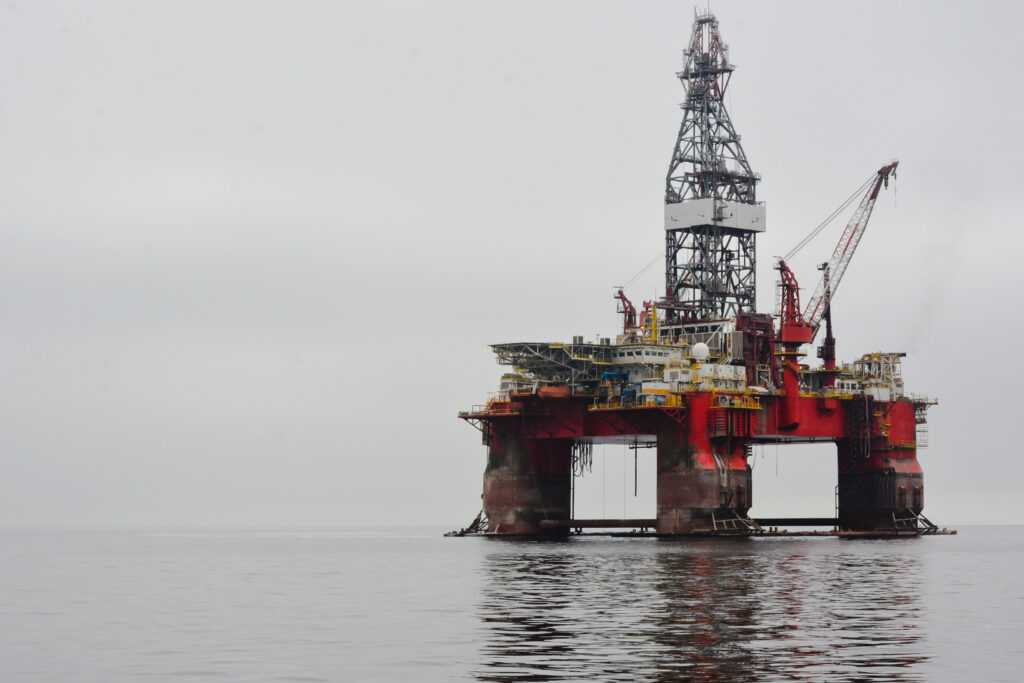(Reuters) -Oil prices rose for a third straight session on Monday, buoyed by forecasts of a widening supply deficit in the fourth quarter after Saudi Arabia and Russia extended cuts and by optimism about a recovery in demand in China.
Brent crude futures rose 71 cents, or 0.8%, to $94.64 a barrel by 0622 GMT while U.S. West Texas Intermediate crude futures were at $91.55 a barrel, up 78 cents, or 0.9%.
“China’s stimulus policy, resilient U.S. economic data, and OPEC+’s ongoing output cuts are the bullish factors that support the oil market’s upside movement,” CMC Markets (LON:CMCX) analyst Tina Teng said, referring to a reserve ratio cut by China’s central bank last week to boost liquidity and support its economy.
Traders will be watching decisions and commentary by central banks, including the U.S. Federal Reserve, this week on interest rate policies, as well as key economic data out of China.
Brent and WTI have climbed for three consecutive weeks to touch their highest levels since November and are on track for their biggest quarterly increase since Russia’s invasion of Ukraine in the first quarter of 2022.
The Saudi and Russian output cuts could push the market into a 2 million barrels per day (bpd) deficit in the fourth quarter, and a subsequent drawdown in inventories could leave the market exposed to further price spikes in 2024, ANZ analysts said in a note.
Saudi Arabia and Russia extended supply cuts to the end of the year as part of the OPEC+ group’s plans. Chinese refineries have also ramped up output, driven by strong export margins.
“It seems like prices will easily find a home above the $90 a barrel level, which means the focus might shift to the demand outlook from the world’s two largest economies,” said Edward Moya, an analyst at OANDA.
Global oil demand growth is on track to hit 2.1 million bpd, ANZ said, in line with forecasts from the International Energy Agency and the Organization of the Petroleum Exporting Countries (OPEC).



